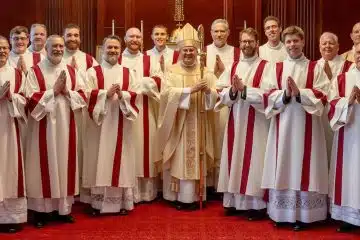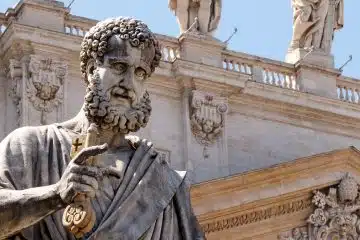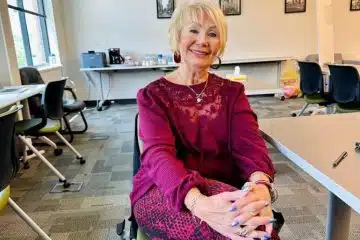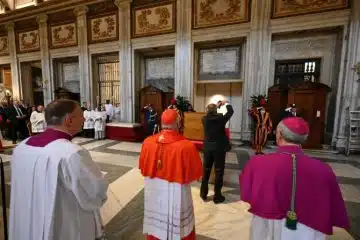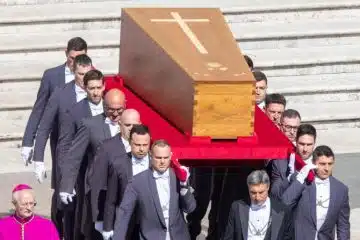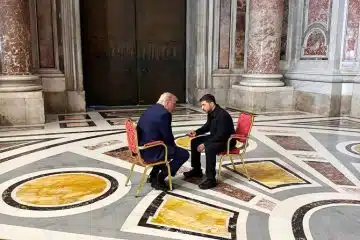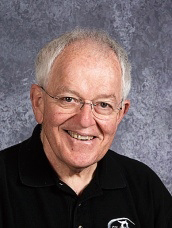Working with Young People
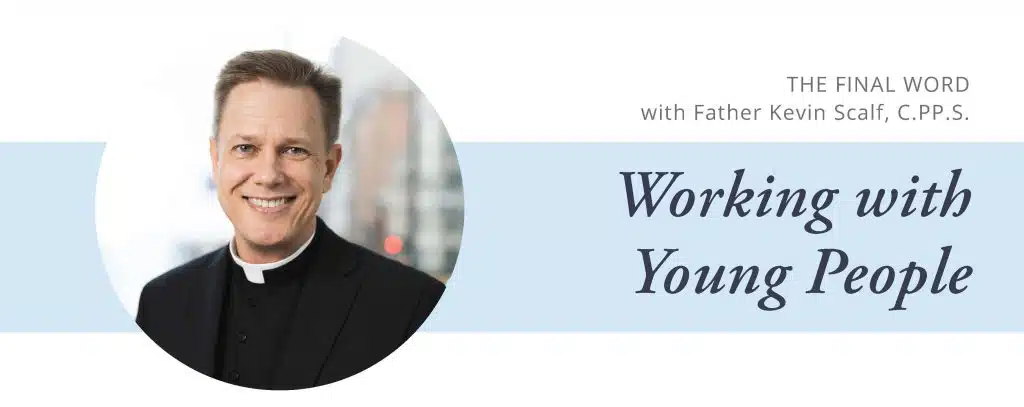 Wise, witty, and shrewd was Mr. Joe Acito, my senior English teacher at Elder High School. He affectionately called me “Reverend Scalf.” I have no idea why—I was far from religious, but I guess that was his point. If, when I was in his class, you had told me that I would one day become a theology teacher—let alone a priest—I would have laughed. God’s laughter clearly prevailed.
Wise, witty, and shrewd was Mr. Joe Acito, my senior English teacher at Elder High School. He affectionately called me “Reverend Scalf.” I have no idea why—I was far from religious, but I guess that was his point. If, when I was in his class, you had told me that I would one day become a theology teacher—let alone a priest—I would have laughed. God’s laughter clearly prevailed.
Throughout my 25 years of teaching (14 as a priest for) high school and college students in various settings, God has gifted me with an array of experiences: director of mission and ministry, retreat director, spiritual director, instructor for lay ministry students and deacon candidates, theology professor, department chair and special assistant to a college president. It has been a privilege to accompany young people in their religious, spiritual and very human contexts.
Most of this soul-making work occurred as a Missionary of the Precious Blood, a society that received from our Italian founder, St. Gaspar, the charism of “reconciliation.” While it can be said that the jewel on the crown on reconciliation is the Sacrament itself, our society widens the aperture to include the Church’s healing and renewal by the Blood of Christ. That’s the “mission” part of being a “missionary” of the Precious Blood. The spirituality of Precious Blood is a Eucharistic spirituality that aspires to inspire the faithful to go where they’re needed, so others may have “life in abundance” (Jn. 10:10). We might imagine this like our own nutrient rich blood naturally going where it’s needed throughout our bodies, so we might have life in full.
And this spirituality forever changed me as a Catholic educator. So, what have I learned in working with young people in matters of God, belief and things ultimate? Most importantly this: Treat young people with immense respect. Never talk down to them. Any whiff of arrogance, egotism, superiority, condescension, sanctimoniousness, self-righteousness or too much deadly seriousness in matters of God and religion will turn them off and easily drive them away forever. This is not an exaggeration.
What’s more, avoid talking “at” them. Remember, we’re not just a megaphone; we’re also an earpiece. Ask them questions. Dialogue—talk and listen—even if they disagree or seem to be listening instead to their phones. Consider Pope Francis’ wisdom, “Faith reduced to formulas is short- sided.” Talk from your experience. Make it interesting. Make it relevant. Share the faith that has been true, beautiful and good for you. Speak it accurately, clearly and lovingly. If your children do not practice their faith the way you would hope, don’t lose heart. Keep encouraging them through your witness. Remember, God is in charge. God will work this out. Everything will be okay in the end. If it’s not okay, it’s not the end!
Indeed, Precious Blood spirituality provides a useful approach for accompanying young persons in their journey with God and the Church. It includes a dynamic oscillation of respect, interpersonal dialogue, lived experience and truth-telling informed by the multi-splendored dimensions of Christ’s Precious Blood, at the center.
This particular praxis seems to resonate with my students at McNicholas High School, where I teach theology, and with the young adults I serve at the Cathedral Basilica of St. Peter in Chains. It is quite practical. So too is this quote from the late German theologian, Dietrich Bonhoeffer, which presents the Gospel in miniature as we reflect on our own enduring commitments: “Your life as a Christian should make nonbelievers question their disbelief in God.”
Father Kevin Scale C.PP.S.is a priest of the Missionaries of the Precious Blood, United States Province, and a member of the faculty and administration at Archbishop McNicholas High School, Cincinnati, OH
This article appeared in the May 2023 edition of The Catholic Telegraph Magazine. For your complimentary subscription, click here.


